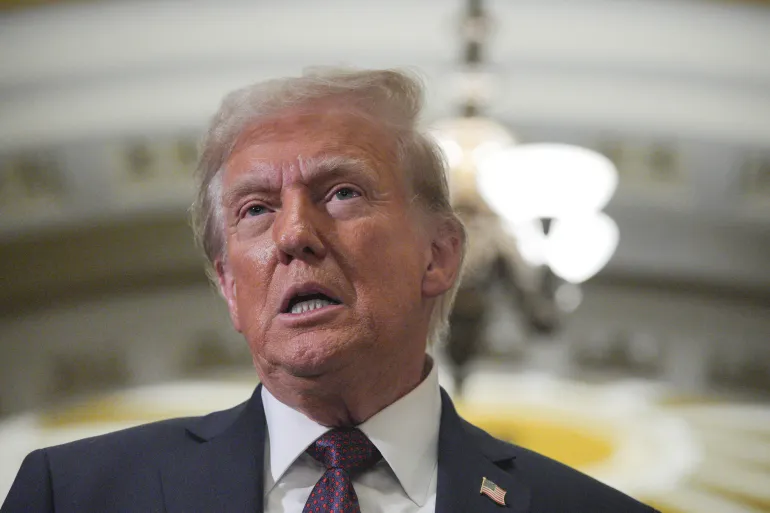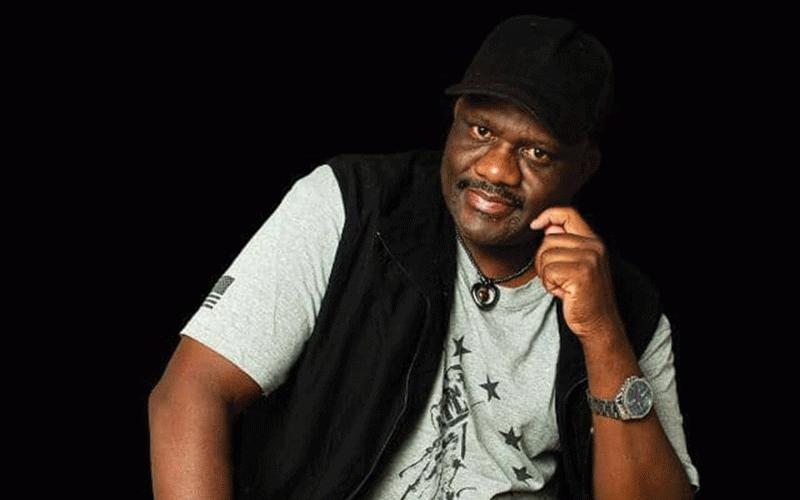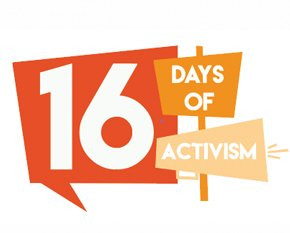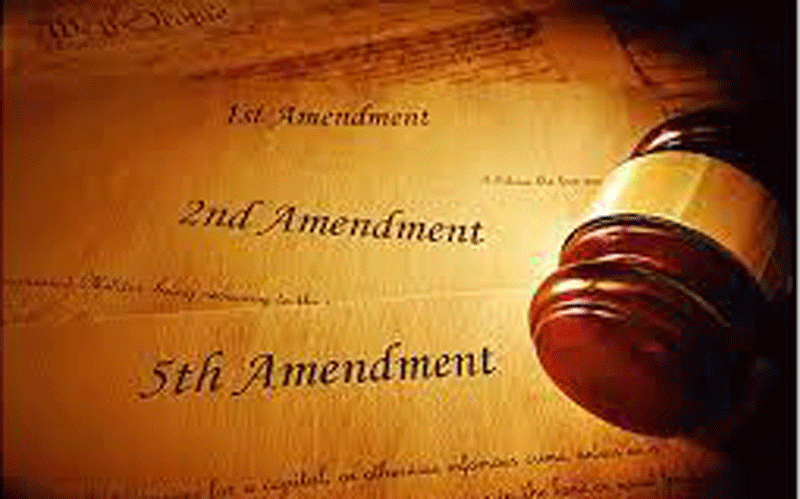
THE Zimbabwe Diaspora Initiative, a non-partisan group of Zimbabweans living abroad who are interested in participating in Zimbabwe’s national elections, was pleased to read of Information minister Monica Mutsvangwa’s meeting with the Australian ambassador Minoli Perera. According to media reports, she discussed a wide range of issues around strengthening relations between Australia and Zimbabwe, much to our appreciation.
In the meeting she invited Australian journalists to come to Zimbabwe to cover the harmonised elections which will take place on August 23 and she emphasised that Zimbabwe would continue to promote peace before, during and after the elections. This is commendable.
According to information released by the secretary for Information following the minister’s meeting with ambassador Perera, 40 000 Zimbabweans living in Australia last year remitted US$90 million to Zimbabwe. This is a demonstration of the commitment Zimbabweans in the diaspora have to their country. It will be befitting for the nation to reward the patriotic Zimbabweans based abroad by affording them an opportunity to participate in the elections in their country which they help to develop. When the Electoral Amendment Bill gets to Senate, we kindly request Mutsvangwa, to argue for the inclusion of the diaspora vote in that legislation.
Other African countries, including those in the Southern African Development Community, offer their citizens the opportunity to vote. African countries offering the diaspora the opportunity to vote include Mozambique, South Africa, Botswana, Kenya and Rwanda. Polling stations are made available for them to vote in their domiciled countries.
Australia offers its citizens living abroad the opportunity to vote from their domiciled countries. It also allows and supports nationals of other countries living in Australia to vote from Australia. The Greek community in Australia, with only 162 registered voters, was able to vote at polling stations in Sydney and Melbourne.
Thousands of Zimbabweans based in Australia could vote in 2023 harmonised elections if the President’s 2018 announcement that everything will be done to ensure Zimbabweans living in the diaspora are able to vote in 2023
In addition to expressing his wish for Zimbabweans in the diaspora to be able to vote in 2023, President Emmerson Mnangagwa expressed satisfaction with the contribution made to the Zimbabwean economy by the citizens living in the diaspora.
We, therefore, hope that you will represent the diaspora community to ensure that the diaspora vote is included in the law to enable Zimbabweans living in the diaspora to vote in 2028 as the President’s target of 2023 has been missed.-Rosewiter Mangiroza Zimbabwe Diaspora Vote Initiative chairperson
- Mr President, you missed the opportunity to be the veritable voice of conscience
- ED to commission new-look border post
- Zanu PF ready for congress
- EU slams Zim over delayed reforms
Keep Reading
6 years of false promises
IT is now six years since President Emmerson Mnangagwa took over political power from the now late former President Robert Mugabe with the assistance of the military.
Mnangagwa promised a break from the past.
He declared zero tolerance to corruption.
He said Zimbabwe was open for business.
But six years down the line, it seems all of Mnangagwa’s promises have turned out to be a pie in the sky.
The promises of rule of law, constitutionalism, and respect of human rights have not been fulfilled.
It is clear the new dispensation has taken corruption to a higher level.
The fight against corruption has been politicised. Perceived enemies are arrested for petty corruption crimes.
The military is used to intervene in political contestations and so is the Judiciary.
To say life in Zimbabwe was better under Mugabe is an understatement. Things have really gone haywire.-Citizen
Implementation of youth quota must be transparent
THE Election Resource Centre takes note of concerns around the implementation of the youth and women’s quotas following the proclamation of the 2023 election date. The proclamation stopped all proposed amendments including provisions relating to the youth and women quotas envisioned in the Electoral Amendment Bill in line with section 157 of the Constitution. The amendment had proposed changes to the Eighth Schedule to the Electoral Act [Chapter 2:13] in relation to youth quota in the National Assembly and women’s quota in local authorities.
In light of this ERC would like to clarify the following issues:
Youth quota legality
Section 124(1)(c) of the Constitution gives life to the legal existence of the youth quota as part of the composition of the National Assembly, as it is already in effect.
Section 124 states that the National Assembly shall consist of 210 members elected by secret ballot, an additional 60 women members, six from each of the provinces elected under a party-list system of proportional representation and; a further additional 10 youth members, that is, persons aged from 21 to 35 years of age, one from each of the provinces into which Zimbabwe is divided, elected under a party-list system of proportional representation.
The provision giving rise to the youth quota does not require subsidiary legislation to give effect to its implementation. The constitutional provision does not stipulate an Act of Parliament or statute law for its realisation. The provision is self empowering.
Calculation of the youth quota
The calculation of the youth quota is stated plainly in the Constitution in section 124(1)(c)(i) and (ii) where it states that the youth quota will be calculated:
l based on the votes cast for candidates representing political parties in a general election for constituency members in the provinces;
lin which male and female candidates are listed alternately.
Notwithstanding the Electoral Amendment Bill failing to pass in Parliament in time to be law ahead of the 2023 harmonised elections, the Constitution is in effect and the youth quota should be implemented on the basis of section 124 of the Constitution.
The proposed Electoral Amendment Bill could not take away from the dictates and supremacy of the Constitution.-Election Resource Centre











